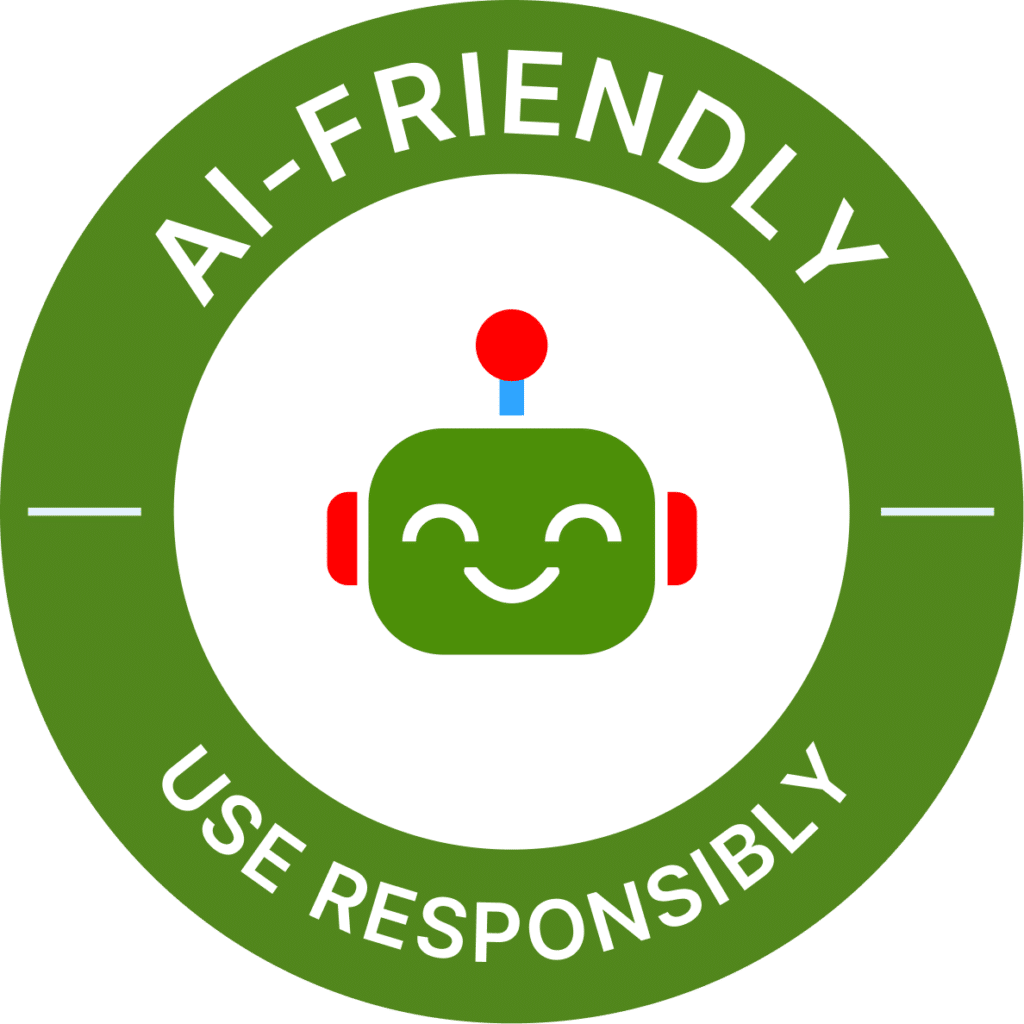Communicating with Your Students About AI
Talking with and teaching your students how to interface with technology—whether that’s GenAI or another form of technology–is foundational to a teaching practice that will prepare students for the literacies they will need in their future, whether inside or outside the classroom.
Expand all | Collapse all
The more you can set clear expectations and cultivate trust, the more likely you’ll be to a clear path together through what can feel like uncharted territory.
- Providing students with clear zones of engagement with AI encourages them to adopt a mindset around engagement with AI that is context-dependent, teaching them that their interface with this– and any– technology is dynamic and requires flexibility in its appropriate use.
- One Faculty Perspective: Opening Up About AI: A Conversation with Students: Sellers-García, Boston College, reflects on what she learned from talking to her students about AI and rethinking some of her assignments.
Recommended Assignment Conventions
Below are some recommended visual conventions (please feel free to cut and paste into your own documents) to signal to students how and when to appropriately use generative AI in your classes, whether this is an overall disposition or you want to consider differentiating this by assessment. PLEASE consider putting something like this right on your syllabus and talk about it up front and throughout the semester or even per each assessment! Sample Syllabus Language for the Use of AI in the Classroom. Download your own copy of the AI Visuals here.
 |
AI-FREE ASSIGNMENT | No AI use allowed
- For learning to happen in this assignment, it's necessary to do your own thinking without AI assistance.
|
 |
AI-LIMITED ASSIGNMENT | You can use AI within Guidelines
You can use AI within the guidelines provided in the assignment. Examples include:
- Ideation and Research (AI can be used to help generate ideas, organization and information gathering)
- Limited Word Usage (AI language can be inserted but cited within an assignment)
|
 |
AI-FRIENDLY ASSIGNMENT | Use Responsibly
You can use AI in this assignment at will, but it should be cited. See this MLA resource for guidance.
|
Update 7/26/2024
Also, please note that “writing assistance” services like Grammarly now incorporate chatbot features that function like ChatGPT or Gemini, so please flag this for your students if you are asking them not to use generative technologies in their assessed work. Download a copy of this table here.
Syllabus Language for Your Students
The use of AI in your classes (sections of the information below are taken from the University of Minnesota and provide guidance on how to communicate expectations to students):
Discussions about the use (and potential abuse) of artificial intelligence platforms like ChatGPT have been dominating headlines. Our entire university community is learning to adapt to this new terrain, and it can sometimes be hard to know what is or is not acceptable use. The permissibility of artificial intelligence tools will vary from course to course depending on the specific learning and assessment goals of the instructor. You may have already heard from your instructor(s) about their policy in their classes, in their assignments and on their finals. If you have not received clarification from an instructor, and if you are thinking about using ChatGPT or another AI tool for any course assignment, I encourage you to communicate with your instructor to make sure you understand what is permitted.
The following syllabus statements act as a resource for faculty and instructors, with options ranging from “no restrictions” to “ChatGPT and other AI tools may not be used under any circumstances.” These statements may be adopted or adapted to reflect a given instructor's course learning objectives and instructional/assessment style.
Expand all | Collapse all
For instructors who wish to embrace ChatGPT
Artificial intelligence (AI) language models, such as ChatGPT, may be used for any assignment with appropriate citation. Examples of citing AI language models are available at the APA Style website How to Cite Chat GPT [or provide an alternative reference appropriate for your class].
NOTE: You are responsible for fact checking statements composed by AI language models.
For instructors who wish to allow limited usage of ChatGPT
Artificial intelligence (AI) language models, such as ChatGPT, may be used for [assignment types A, B & C] with appropriate citation, but not for [assignment types D, E & F]. If you are in doubt as to whether you are using AI language models appropriately in this course, I encourage you to discuss your situation with me. Examples of citing AI language models are available at the APA Style website How to Cite Chat GPT [or provide an alternative reference appropriate for your class].
NOTE: You are responsible for fact checking statements composed by AI language models.
For instructors who wish to prohibit the usage of ChatGPT
Artificial intelligence (AI) language models, such as ChatGPT, and online assignment help tools, such as Chegg®, are examples of online learning support platforms: they cannot be used for course assignments except as explicitly authorized by the instructor. The following actions are prohibited in this course [remove bullets as necessary]:
- Submitting all or any part of an assignment statement to an online learning support platform;
- Incorporating any part of an AI generated response in an assignment;
- Using AI to brainstorm, formulate arguments, or template ideas for assignments;
- Using AI to summarize or contextualize source materials;
- Submitting your own work for this class to an online learning support platform for iteration or improvement.
Excerpts from University of Minnesota. (2023). ChatGPT Syllabus statements.
https://provost.umn.edu/chatgpt-syllabus-statements







